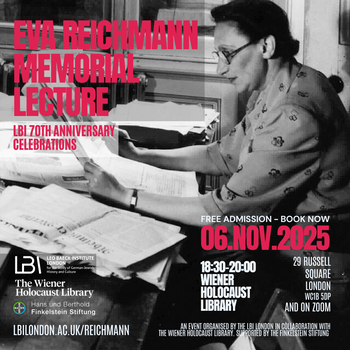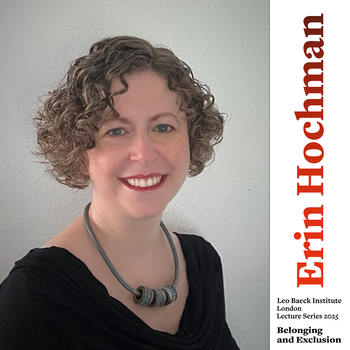Welcome to the publications page of the LBI London, where you can explore our rich collection of works on German-Jewish history and culture. Our publications are divided into three main series:
- Leo Baeck Institute Year Book: Published by Oxford University Press, this flagship journal has been a premier platform for academic research in German-Jewish studies since 1956, featuring diverse perspectives and primary documents.
- Schriftenreihe wissenschaftlicher Abhandlungen des Leo Baeck Instituts: This academic series, launched in 1959, offers monographs and edited volumes covering a broad spectrum of historical topics from the Enlightenment to the modern era.
- German Jewish Cultures: Published by Indiana University Press, this series showcases innovative research at the intersection of Jewish and German studies, embracing a wide range of methodologies and historical periods.



























